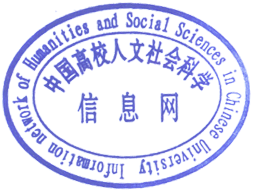关 键 词 :邓小平;群众工作;太行根据地; 学科分类:中国近代史现代史
邓小平在全面抗战时期,领导太行根据地的各项工作中,以其实践和深入的思考,形成了一套系统的群众工作方法。邓小平对于群众工作的工作方法,包括尊重人民群众的首创精神,注重实事求是和深入群众解决实际问题,以及对党的建设和群众工作的紧密关系的认识。对于群众工作这些理论观念对于太行根据地的建设发展有着重大指导作用,也为党的群众路线内容提供了丰富阐释,对于理解其历史和现实意义具有重要的参考价值。
During the full-scale War of Resistance Against Japanese Aggression, Deng Xiaoping, in leading various undertakings of the Taihang Base Area, developed a systematic set of mass-work methods through practice and deep reflection. These methods included: respect for the creative initiative of the people, insistence on seeking truth from facts, going into the masses to solve concrete problems, and a clear recognition of the close links between Party building and mass work. These theoretical ideas on mass work provided powerful guidance for the construction and development of the Taihang Base Area, enriched the content of the Party’s mass line, and remain highly valuable for understanding both the historical and contemporary significance of that experience.

